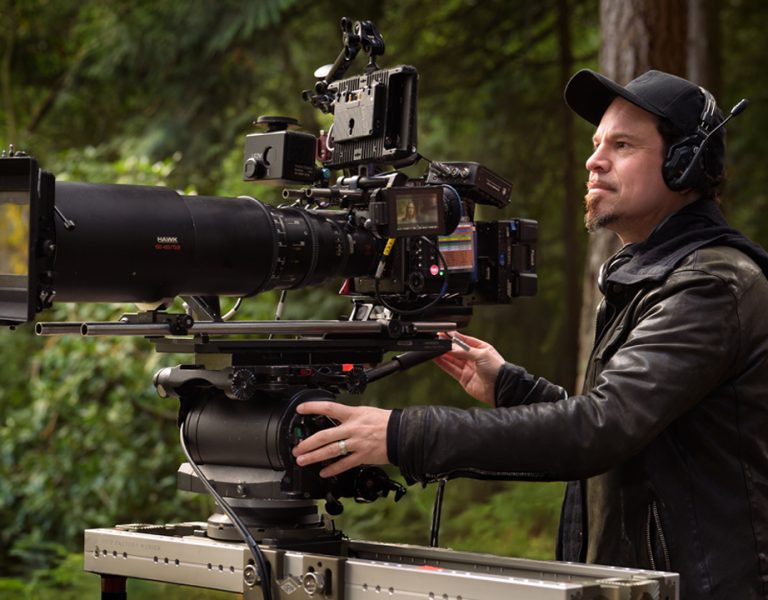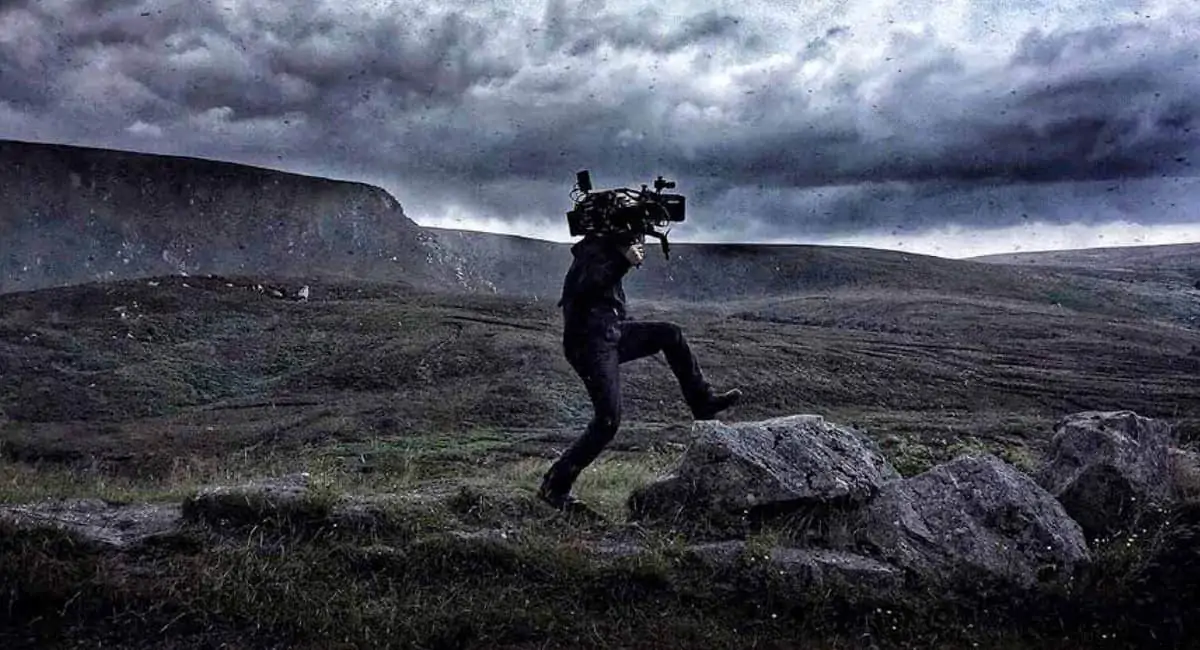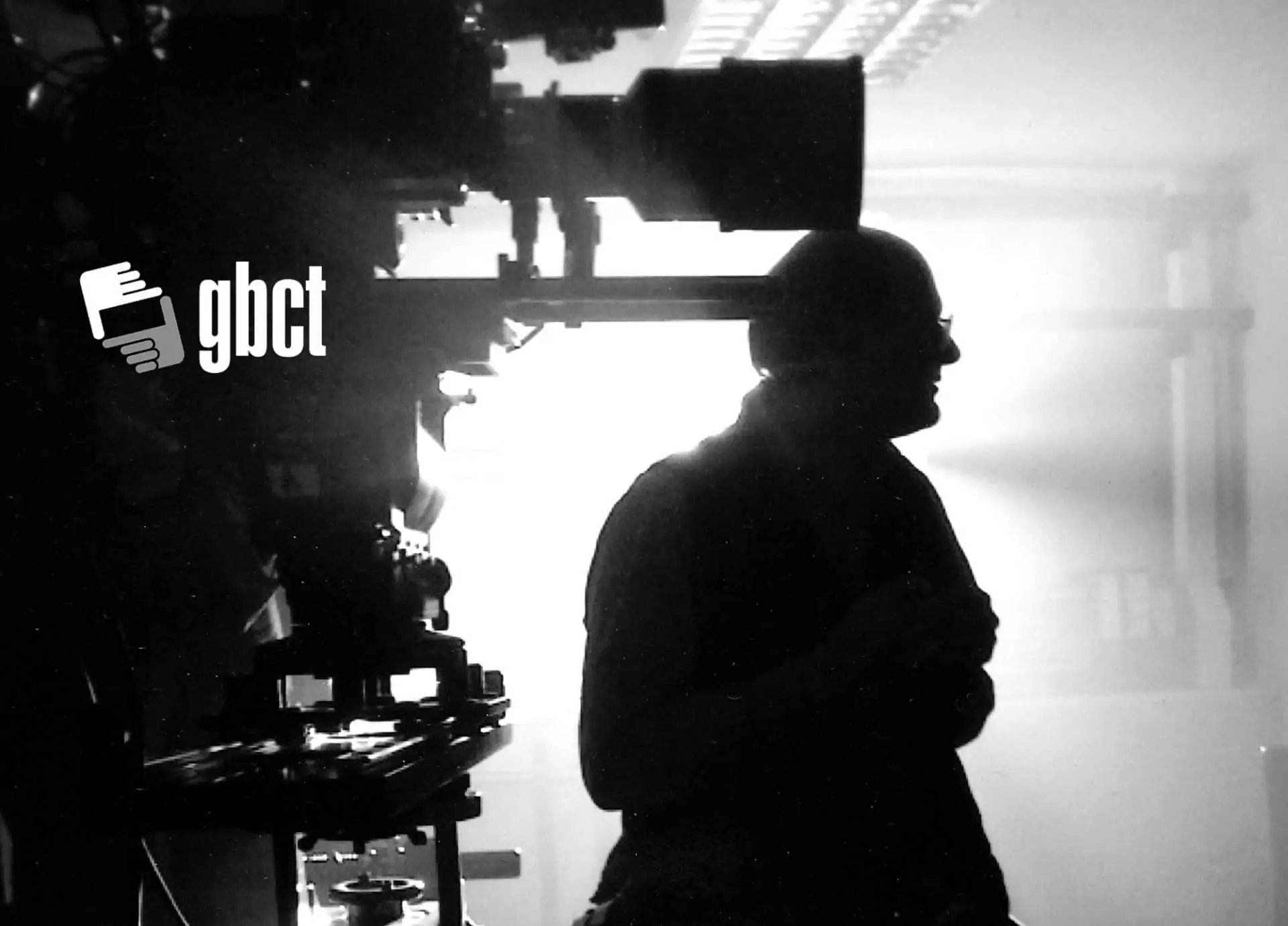SEISMIC SHIFTS
In the last issue I warned of the impending rises in inflation. Since writing that article the price of a pint of milk in my local corner shop rose 15% in one jump.
Towards the end of the last lockdown the supply of bottled water became difficult, but since it has returned to the shelves of the supermarkets the bargain basement brand has come back at just short of 300% of its former price. The predictions of my last writings are quickly becoming obsolete. To put this into perspective, my savings account triumphantly announced that they are raising my interest rate to 0.35%. The gathering storm has great implications for how we approach our industry and its conditions over the next few years. There will be enormous pressure for the going rates of pay to rise to compensate for these seismic shifts in the economy, but this storm is a side show to the issues brewing in the television drama sector.
The disruption to work over the last two years has disguised the manner in which our industry has been changing. Before COVID the increase in activity at the higher end of television dramas and motion pictures had brought some advancement in rates and improvement in conditions. The tax breaks had helped usher in an era where well-funded productions were encouraged and could flourish. Production levels were building and the increase in inward investment made it feel like we were on the cusp of a golden age. The evening out of the balance of supply and demand had led to a stabilisation and steady improvement in conditions.
The last two years coincided with a vast increase in the demand for high-end TV drama and motion pictures, but the chaos of unpredictable working has led to a corresponding chaos in the uneven application of working conditions. Some at the highest end of motion picture production have found that the Major Motion Pictures Agreement has given them such a good template for dealing with crew that it has become easiest and most efficient to adhere to the letter of the agreement. Automated pay organised through computerised online timesheets is now an everyday reality for some, if at times fiendishly complicated to get to grips with. This end of the industry has experienced such a boom that it is almost impossible to park a truck anywhere near any stage in any of the studios. They are rammed to the gunwales with units at an unprecedented level of activity.
This level of activity has not had the corresponding effect of stabilising the conditions in the high-end TV drama industry. Some of the highest of these have adopted the current motion picture practice, but many have used the chaos to cherry pick the conditions they want at the expense of a homogenous system of working. There has been a single set of agreed conditions available for some years but the many attempts to vary these in many different directions has caused considerable resentment amongst the crews as they see their conditions steadily eroded. Such a wilful campaign of disruption can only have the effect of generating a backlash. A backlash so severe that if nothing is done to have meaningful deliberations with crews to establish conditions that cannot be cherry-picked and offers a real improvement in their working lives then great unrest will ensue. It is in everyone’s interest that a workable agreement is made to come about before this summer becomes one of the hottest production periods that we will have ever experienced.

















